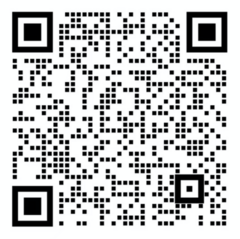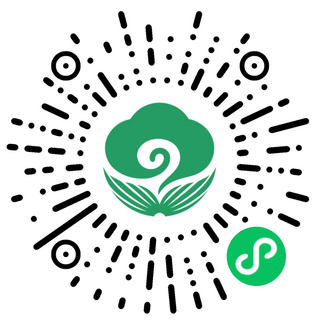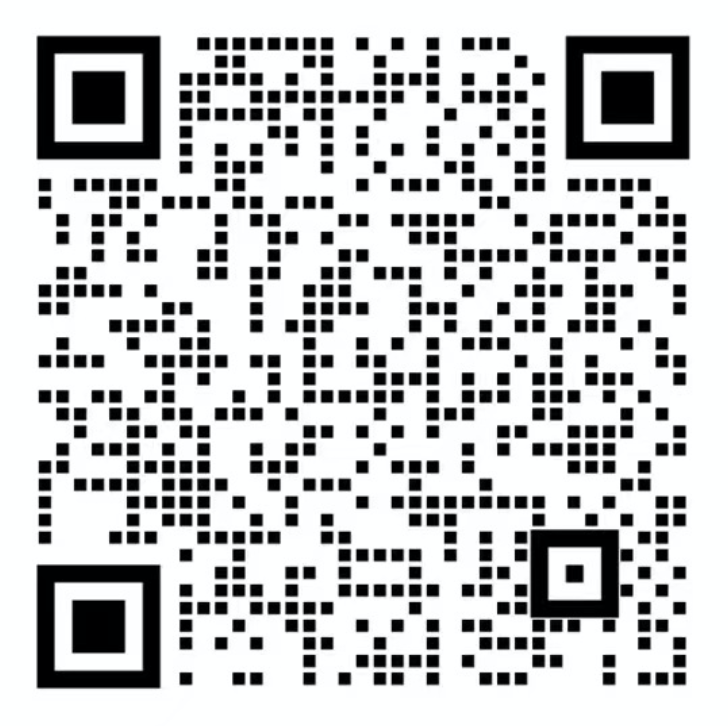
微信客服
wholerenguru3 (厚仁学术哥)

柏拉图的《道歉》(约公元前399年)
马基雅维利,《君主论》(1532年出版)
莎士比亚《奥赛罗》
梅尔维尔,《水手比利·巴德》(1924年出版)
英文原文
Storytellers Rule the World!
We all can learn a great deal from reading great writers
We all can gain from reading great writers. Some of the most successful business people and entrepreneurs do a lot of reading and thinking.
Visionary business minds like Warren Buffet, Bill Gates, or Peter Thiel teach us something that is often ignored by most of us. They all read a lot. The compelling ideas from history, philosophy, literature, and other humanities disciplines can be valuable sources for innovation and success as the more measurable fields of economics, science, and technology.
The humanities brim with lessons and models for anyone ready and willing to examine them.
Suppose we want to learn more about effective decision-making. In that case, we can study how President Lincoln kept the Union together during the Civil War, or perhaps why Caesar crossed the Rubicon, or how JFK kept the world out of nuclear Armageddon during the Cuban Missile Crisis.
Suppose we are looking for a fantastic manual on leadership. In that case, we should consider Martin Luther King Jr.’s writing on civil disobedience in his “Letter from Birmingham Jail” or Machiavelli’s discussion on the nature of power in The Prince.
This summer, I’ll be reading and re-reading the following books, and let me tell you why.
Plato, Apology (c. 399 BC)
I frequently ask myself about my core principles or how I can develop a guiding set of ethics that no promise of money or power can corrupt? In fact, these are some of the questions that Plato’s Apology answers, as it tells us the story of how Socrates faced his accusers at the trial that would end in his death sentence. Socrates teaches us all about how to craft a thoughtfully considered code of ethics that is the ultimate source of what Socrates called the “good life.”
Machiavelli, The Prince (published in 1532)
It is a fantastic text on political power that can help us all in the modern world. The Prince is written at a time of remarkable change in Florence, and Machiavelli tried to fix the broken political system by whatever means required. It gets to the core of questions like, is it better to be feared or loved? or perhaps more advantageous actually to be powerful, or to seem powerful?
Shakespeare, Othello (c. 1603)
Shakespeare’s legendary Othello is a reminder for all of us that to understand anyone; we must try first hearing his or her particular story.
Melville, Billy Budd, Sailor (published in 1924)
I won’t spoil the story, but in life, at some point, we all face a terrible decision like Captain Vere. Should we follow our hearts? Should we not?
These are the four classics I’ll be reading this summer. Perhaps it might seem unusual, even counterintuitive, that each of these books was written decades and centuries ago. But I believe the best books remain indispensable for the long haul.
That is why, as forward-thinking global citizens, we should engage with great writing. And that is why Plato believed that ‘storytellers rule the world.”
We read great writings because they teach us; humility, curiosity, collaboration, and perspective.
That’s something we can’t learn from Instagram, Twitter, or Netflix.
美国招生协会
AIRC权威认证
80位
美国双语导师
10年+
名校申请经验
8600+
名校名企录取

微信客服
wholerenguru3 (厚仁学术哥)
























